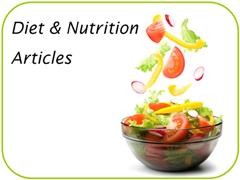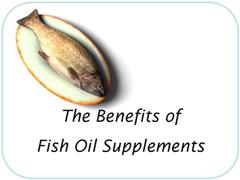|
Understanding Cholesterol and Good Cholesterol LevelsDiscussion of good cholesterol levels have been all the rage in doctor’s offices across the country since 1948. That's the year that high cholesterol levels in the blood were correlated with an increased risk of cardiovascular disease by the Framingham Massachusetts Studies. The fact is, maintaining healthy cholesterol levels seems to be an important component of maintaining good cardiovascular health. As recently as August 7, 2011, a study published in Atherosclerosis, confirmed this association. Using imaging, SS Virani, et al showed that clogged and hardened arteries were associated with higher levels of total cholesterol, LDL cholesterol, and non-HDL cholesterol, but not HDL cholesterol. In addition, the ratio of so-called “good” HDL cholesterol to total cholesterol was correlated with lipid build-up. So what are "good cholesterol levels," and how do we make sense of lipid profiles?Since there are no symptoms of high cholesterol until heart disease appears, it is important to have a lipid profile performed, and evaluated by a health care practitioner. Good Cholesterol Levels have most recently been defined in 2004 by the National Cholesterol Education Program Adult Treatment Panel III, and the Centers for Disease Control:
And the CDC adds that everyone should:
If your physician has not already assessed your risk for heart disease, you can
head over to this site.
Read More:
So what is cholesterol, and why is it so dangerous?Cholesterol is not as simple as it may seem. This is not just a substance that we eat too much of, and it builds up in our arteries because it has nowhere else to go. On the contrary. With the exception of the brain, nearly every cell in the body can manufacture cholesterol. The liver manufactures it a lot. And biochemically speaking, consuming large quantities of carbohydrates will drive the liver to make more cholesterol. Let me state that another way: biochemistry dictates that low-fat, high-carbohydrate diets are NOT a good idea for achieving good cholesterol levels. Here’s where it gets simple again: The body needs cholesterol, so the body produces cholesterol. No, the body does not want to clog up the cardiovascular system, nor is it suffering from a Lipitor deficiency. Cholesterol is vitally important in the body: it is a necessary component of hormones and bile acids, among many other important things. Even "bad" LDL cholesterol serves important purposes in the body. Cholesterol seems to get deposited in the arteries only when circulating cholesterol is oxidized. The immune system recognizes oxidized cholesterol as problematic, and sends out the troops. As result of this immune response, there is carnage from the battle, and all that debris accumulates in blood vessel walls. In fact, HDL is seen as a “good” guy these days because of its calming effects on the immune system, and ability to reduce inflammation. Triglycerides, for those of you are wondering, are the products of fat digestion. They surge into the bloodstream following a meal. Too many triglycerides in the bloodstream after fasting indicates that, well, there are too many. The best way to address this is through reduced fat, especially trans- or saturated fat, consumption. So what can we do about it?Natural approaches to lowering cholesterol focus on the following three biological tenants:
To keep cholesterol in a healthy range and prevent cardiovascular disease caused by cholesterol, there are
foods,
and
supplements
that have been scientifically proven to increase "good" HDL, lower "bad" LDL, decrease triglycerides, and/or reduce oxidation.
Additional Articles About Cholesterol:
Return to Natural Health Articles by Topic from Good Cholesterol Levels and About Cholesterol Head to the Science of Natural Health Homepage from Good Cholesterol Levels and About Cholesterol |












